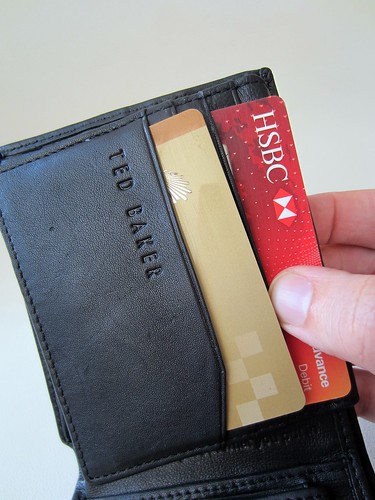I generally don’t recommend using credit cards because it’s too easy to get into trouble with over spending. But I also know that most people do use them and how you use your credit card can have a profound effect on your business bottom line. If you are a sole proprietor of a small business, here’s what you need to know about credit card spending.
- 1. Your credit card purchase counts as a business expense the day it is charged, not the day the credit card is paid. If you charge a business expense on December 31, the expense is counted in that year, not the next year when you pay the bill.
- 2. You can pre-pay business expenses up to a year in advance. This can have a big impact on your company bottom line. For example: I lease extra office space for tax season. I know that the extra space will cost me $7,000 next year. Generally, I’d pay that over a course of 4 months from January through April and it will count as a deduction on my 2013 taxes. But—I could elect to charge it all in December of this year to reduce my tax bill for 2012. The plus side is that I have an extra $7,000 expense to write off this year. The down side is that I don’t have that expense to write off next year in 2013. But at least I have a choice.
- 3. Payments to your credit card do not count as business expenses because the charge itself was counted as an expense. This is what messes people up in QuickBooks all the time. I often hear folks complain that they couldn’t possibly have that much profit, because they don’t have that much money in their bank account. It’s because they charged things the year before and took the deduction then. You can’t count the same expense for your business twice.
- 4. If you do use a charge card for business, the interest expense on the charge card is deductible. (Remember, the interest charged on business expenses is deductible. If you’re charging your groceries and personal items, then it’s not.)
- 5. As a sole proprietor, you can charge something on your personal credit card for a business expense. If you own a corporation (C or S Corp) you must use a company credit card to count the charge as a business expense. If you charge something for your corporation on your personal business card, then you must reimburse yourself for the expense before the end of the year in order to write of the expense for the company.
It’s up to you to make wise choices about how and if you use your credit card for business. Knowing the rules can help you make better decisions.


One thought on “5 Things You Need to Know About Credit Cards and Your Small Business”